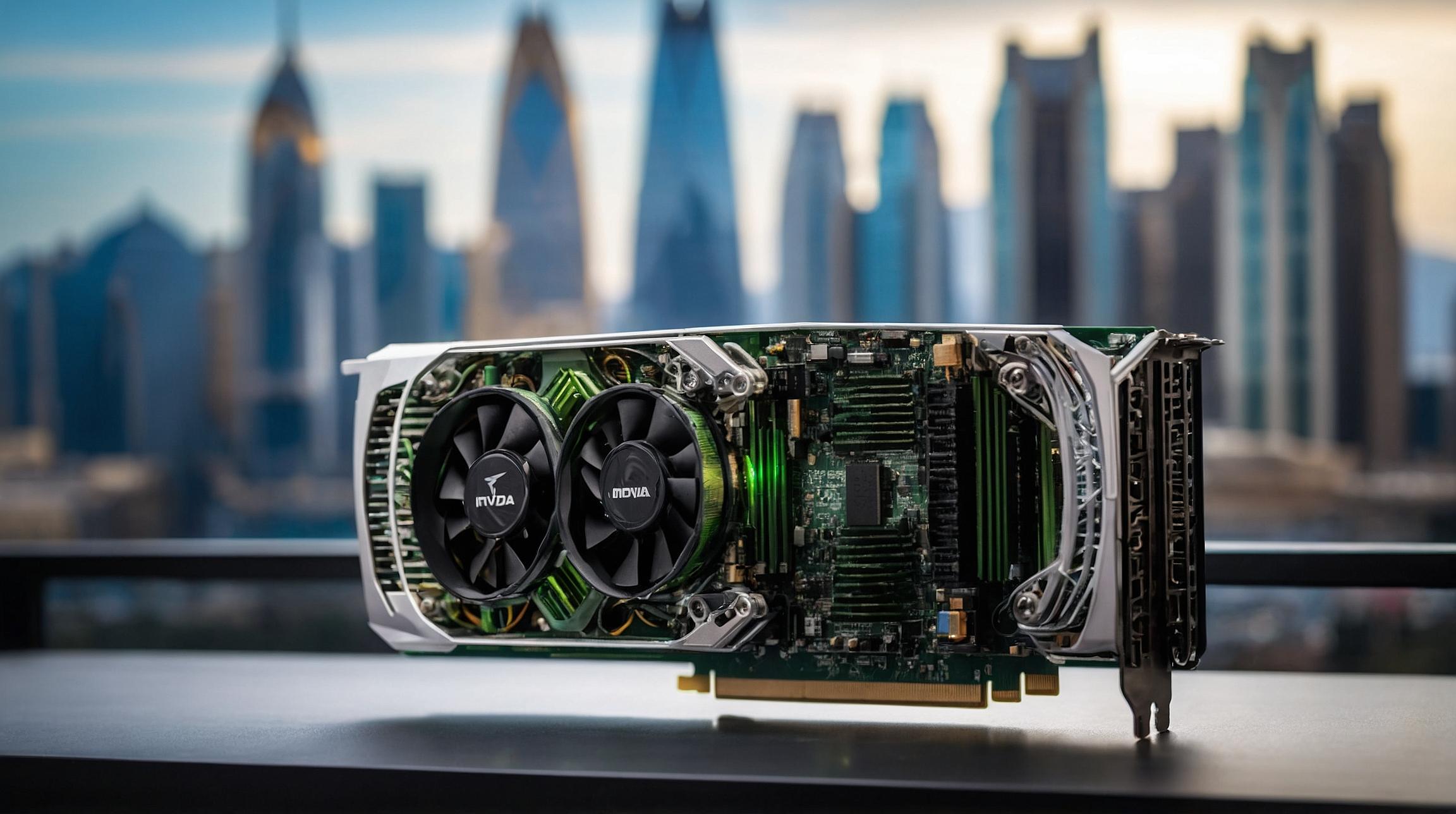Nvidia's Advanced AI GPUs and Saudi Arabia's Ambitions
The United States government is currently evaluating the possibility of permitting Nvidia to export its state-of-the-art AI GPUs to Saudi Arabia. These processors, such as the H100 and H200, are essential for developing large language models (LLMs) and advanced AI services, similar to OpenAI's GPT-4 or Meta's Llama 70B. By gaining access to these technologies, Saudi Arabia aims to diversify its economy beyond its traditional oil-based foundation.
U.S. Security Concerns and Export Regulations
The U.S. government is cautious about ensuring that its adversaries, notably China, do not indirectly access these advanced GPUs through cloud services. Historically, companies like Huawei from China have collaborated with Saudi Arabia, which raises concerns about technology transfer. There is a delicate balance the U.S. must maintain between supporting Saudi economic diversification and protecting sensitive intellectual property.
Impact of Export Licenses
Last November, the U.S. imposed regulations requiring Nvidia and its partners to obtain an export license when selling advanced AI or HPC processors to certain countries, including Saudi Arabia. These licenses are reviewed with a presumption of denial, creating significant hurdles for Middle Eastern nations like Saudi Arabia and the UAE to acquire these technologies. As a result, Saudi Arabia has been actively working to fulfill U.S. security stipulations to secure Nvidia's H200 processors.
Saudi Arabia's Strategic Moves
At the recent Global AI Summit (GAIN) in Saudi Arabia, topics surrounding Nvidia's GPUs were unofficially discussed. Representatives from major tech companies like Groq, Google, and Qualcomm engaged with Saudi officials to explore potential collaborations. The event also highlighted a noticeable shift away from Chinese tech partners, with fewer representatives from companies like Alibaba and Huawei attending compared to previous years. This pivot indicates a strategic move by Saudi Arabia to align more closely with U.S. interests, though the kingdom retains the option to collaborate with China if necessary.
The Competitive Middle Eastern AI Landscape
Saudi Arabia is vying with the UAE in the Middle Eastern AI race. The UAE's AI leader, G42, is uniquely positioned as it collaborates with both U.S.-based Cerebras and Huawei from China. Both nations face obstacles due to the limited availability of advanced AI hardware, which impedes their capacity to train large LLMs efficiently. Despite these challenges, Saudi Arabia is investing substantially in AI, leveraging its abundant energy resources to power large-scale AI systems. However, the nation continues to depend on foreign expertise for the development and implementation of these technologies.
Future Prospects and Skepticism
While Saudi Arabia's investments in AI signal its ambition to become a technological powerhouse, skepticism remains. Concerns regarding the country's reliance on external knowledge, its human rights record, and harsh environmental conditions pose challenges to its aspirations of being a global tech hub. Nonetheless, collaborations between Saudi Arabia and major tech firms, such as Groq's partnerships with Neom and Aramco, persist, showcasing the kingdom's ongoing commitment to technological advancement.













